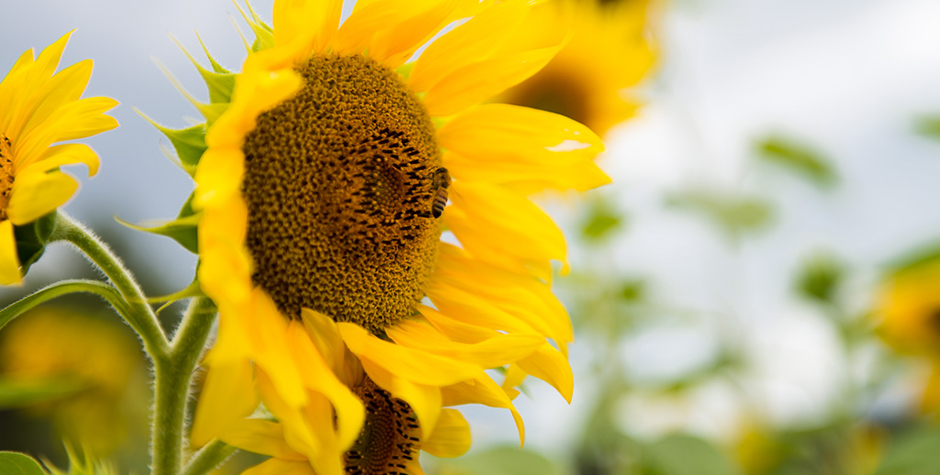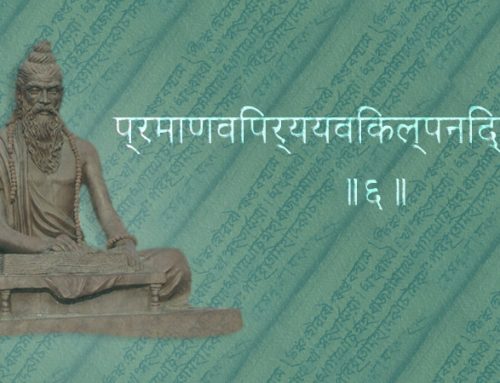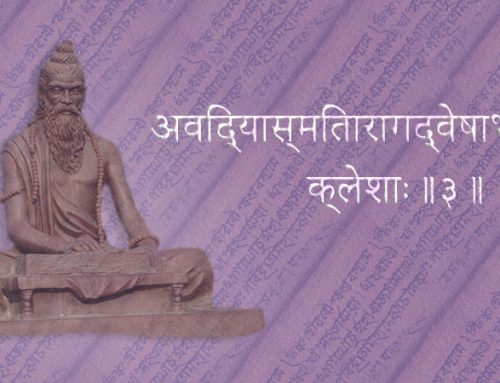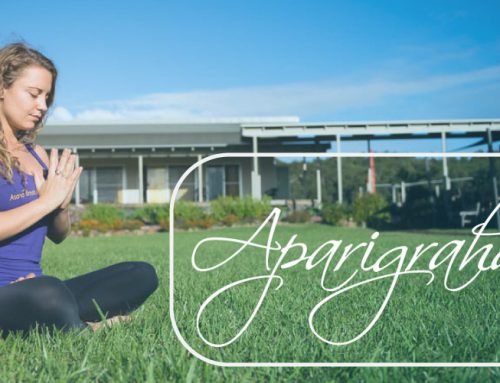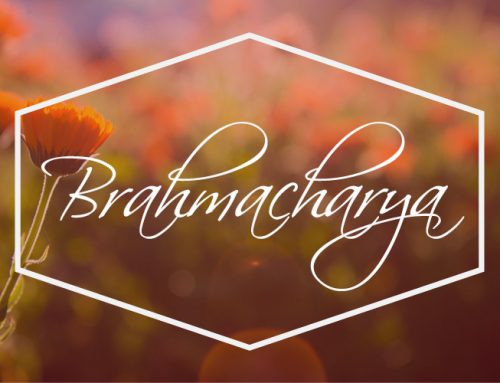“Be content with what you have; rejoice in the way things are. When you realize there is nothing lacking, the whole world belongs to you.” – Lao Tzu
We continue our journey through the 8 limbs of yoga with the second of the niyamas, santosha.
Santosha means contentment. While the translation is a simple one to grasp, the practice of santosha is a challenge for many in today’s world. In the yoga context, contentment refers to detaching from our desires and cultivating an inner peace and joy that is not dependent on what is happening in our lives.
In Patanjali’s yoga sutras, attachment is often referred to as the basis of our unhappiness and discontent in life. It seems we are all on a search for happiness yet in our yoga study, we are reminded that happiness is not a ‘thing’ to attain. We can’t buy happiness or find it through the next job or a better relationship. Happiness is about finding contentment in the now. That is santosha. It’s letting go of striving for what you don’t have and accepting with joy what you do. Santosha is a peace inside that doesn’t change regardless of what is happening externally.
Mindfulness – the practice of conscious attention on the present without judgment – is the key to santosha. When we are not projecting into the future about what we want to happen, what we want to do or have; and when we are not dwelling in the past on what we should have done differently, we find contentment with what is right now.
On the mat, santosha sees us welcome a range of asana that includes those we enjoy and those that challenge us. We accept the feelings that arise in the body and mind during asana practice and detach from the outcome of the poses. Be reminded of santosha next time your body doesn’t go into a pose the way you would like it to.
3 tips to practicing santosha in daily life:
1. Get mindful: notice the times you are ‘living’ in the future or the past and bring your conscious awareness to what you are doing in this moment.
2. Meditate: daily meditation – in whatever form that is for you – helps bring the mind into the now and find contentment in the present.
3. Get grateful: when you find yourself pining for what you don’t have, stop and focus on something you do have in your life that you are grateful for. It’s impossible to be discontent when you are truly grateful. Start a gratitude journal and capture each day three things you are grateful for in your life.
What does santosha mean to you – on and off the mat? Join in the conversation on facebook or email us.
